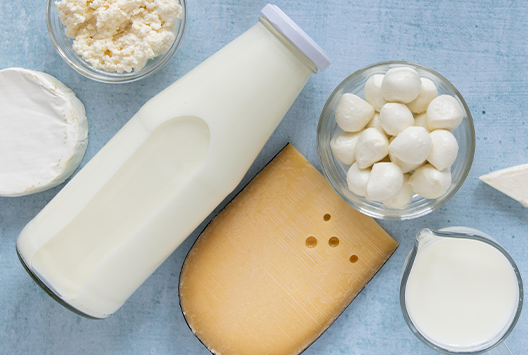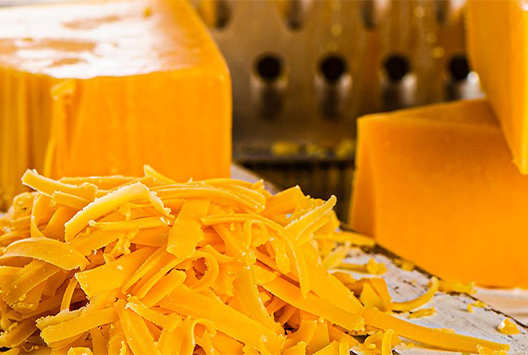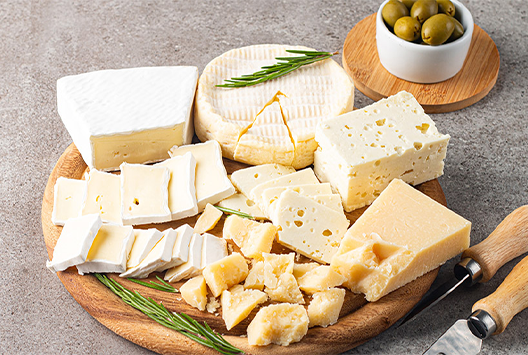
Why It’s Important to Get Your Daily Dose of Low-Fat Dairy
Similar
Dating back centuries, dairy products have always had a special place in people's diets. They're packed with vital nutrients and are a convenient option for those who lead a fast-paced lifestyle. More recently, there has been a shift towards low-fat dairy products, mainly due to their lower calorie content and lower levels of saturated fats. Though the switch to low-fat dairy may seem insignificant to you, it can positively influence your overall health and well-being. How?
Low-fat dairy can improve bone density
Having strong bones is the ultimate goal of every person out there, and it all comes down to something called bone density. The denser your bones, the stronger they are. And the stronger they are, the less likely you'll suffer from breaks and fractures.
What's great about low-fat dairy products is that they are packed with nutrients that can help boost bone density such as calcium, phosphorus, magnesium, and vitamin D. Calcium helps keep bones healthy and prevents bone loss as we get older. Phosphorus, magnesium, and vitamin D are all essential for bone health because they help our bodies absorb calcium. And low-fat dairy products are packed with all these bone-friendly compounds.
That's not all. Low-fat dairy products are also high in protein, which can also help build strong muscles - which we all know translates to strong bones.
Low-fat dairy can help you maintain a good blood pressure
Leading a healthy lifestyle and eating nutrient-packed foods are important for keeping our blood pressure in check and low-fat dairy products can help. Low-fat dairy products are a good source of calcium, magnesium, and potassium - all of which help regulate our blood pressure. Calcium can help relax our blood vessels, magnesium can help relax the arterial walls, and potassium can help reduce sodium in our bodies, which is a major factor in high blood pressure.
Low-fat dairy products are also high in protein, which can also help keep our blood pressure at recommended levels. Studies have shown that a diet high in protein and low in carbs can help reduce the risk of developing high blood pressure.
Last but not least, low-fat dairy products are packed with probiotics, which are good bacteria that help maintain good gut health and reduce inflammation which, in turn, reduces our risk of high blood pressure.
Low-fat dairy can help you feel fuller for longer
Not only are low-fat dairy products easy to consume, but they are a great addition to a healthy diet. Studies have found that low-fat dairy products are better at reducing hunger and promoting fullness when compared to high-fat dairy products.
This is mainly due to the high protein content found in such products. Protein has the power to help you feel full for a longer period of time because it takes longer to digest than other types of food. So, adding more low-fat dairy products to your diet can be a great way to reduce your overall hunger and cravings.
Lower fat, better health
And that’s a wrap! Now that you’ve read about the benefits of low-fat dairy, it’s time to start writing down some items to buy during your next grocery shopping spree. It’s also important that you buy your dairy products from a trusted source.
Baladna is a trusted dairy and beverage company in Qatar that provides authentic, fresh, and top-quality products. Our farm has the capacity to house up to 24,000 cows in a comfortable and well-conditioned environment, allowing them to reach their production capacity comfortably. Browse through our website and order your favorite low-fat dairy products now.



